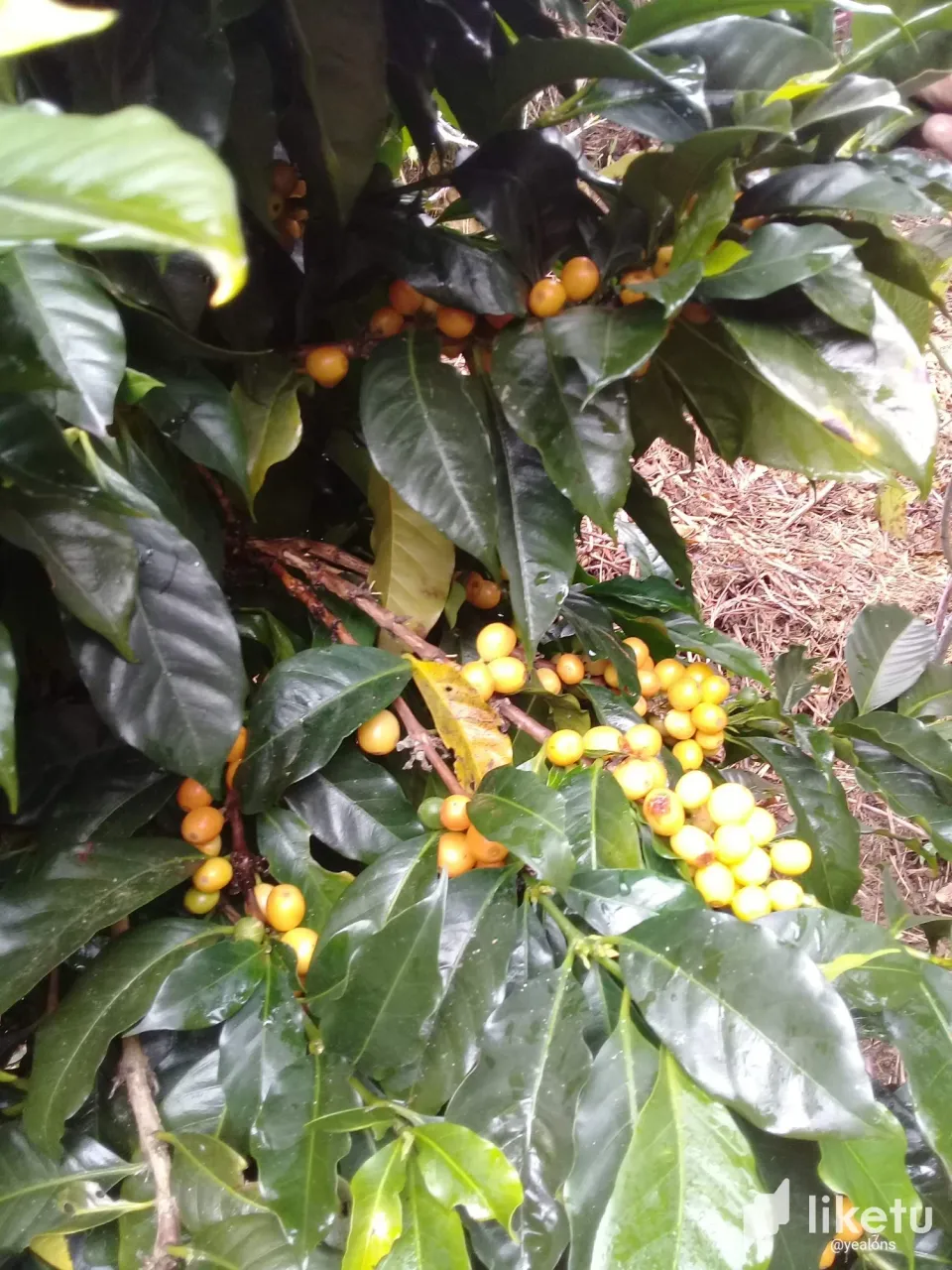
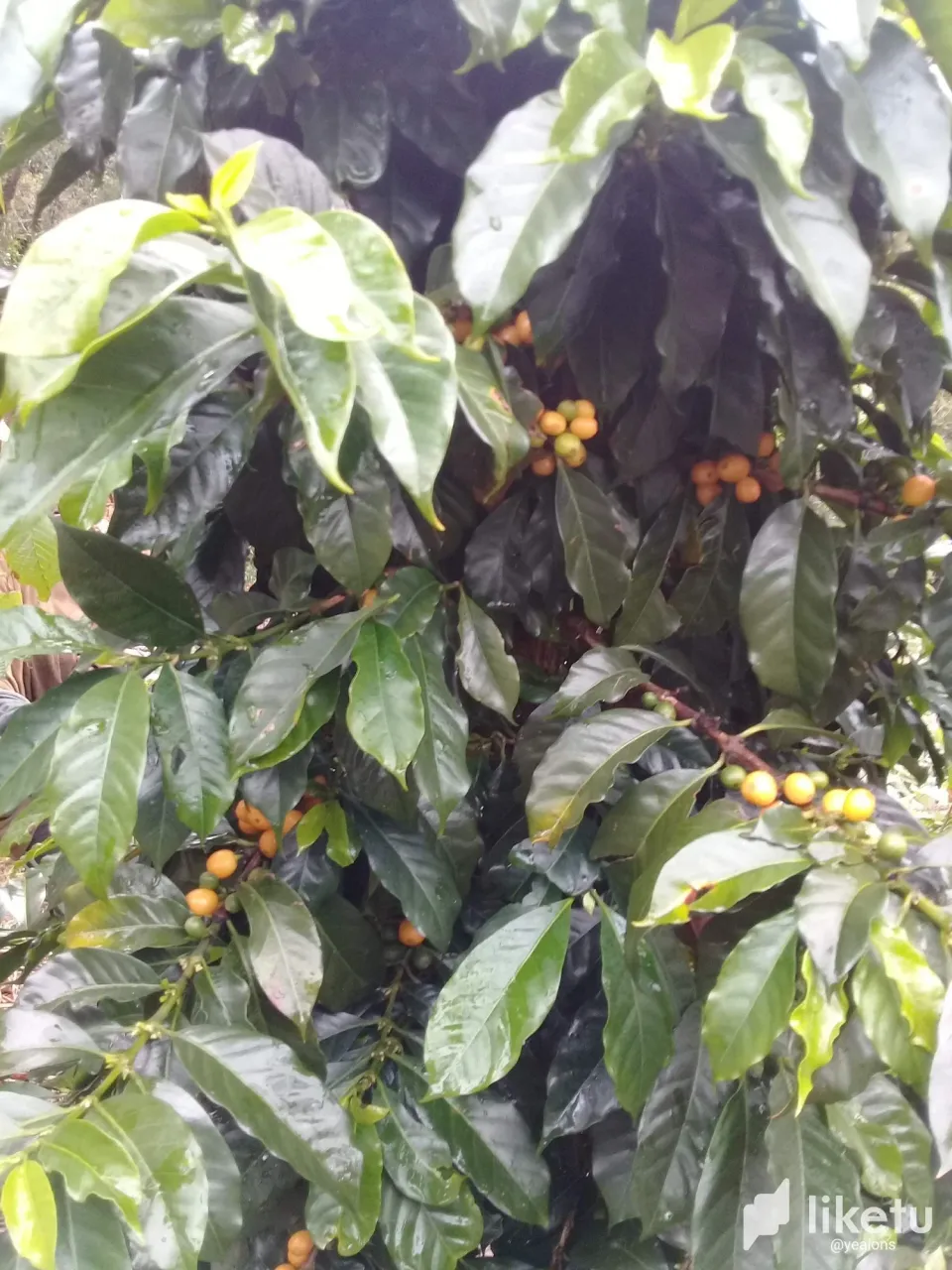
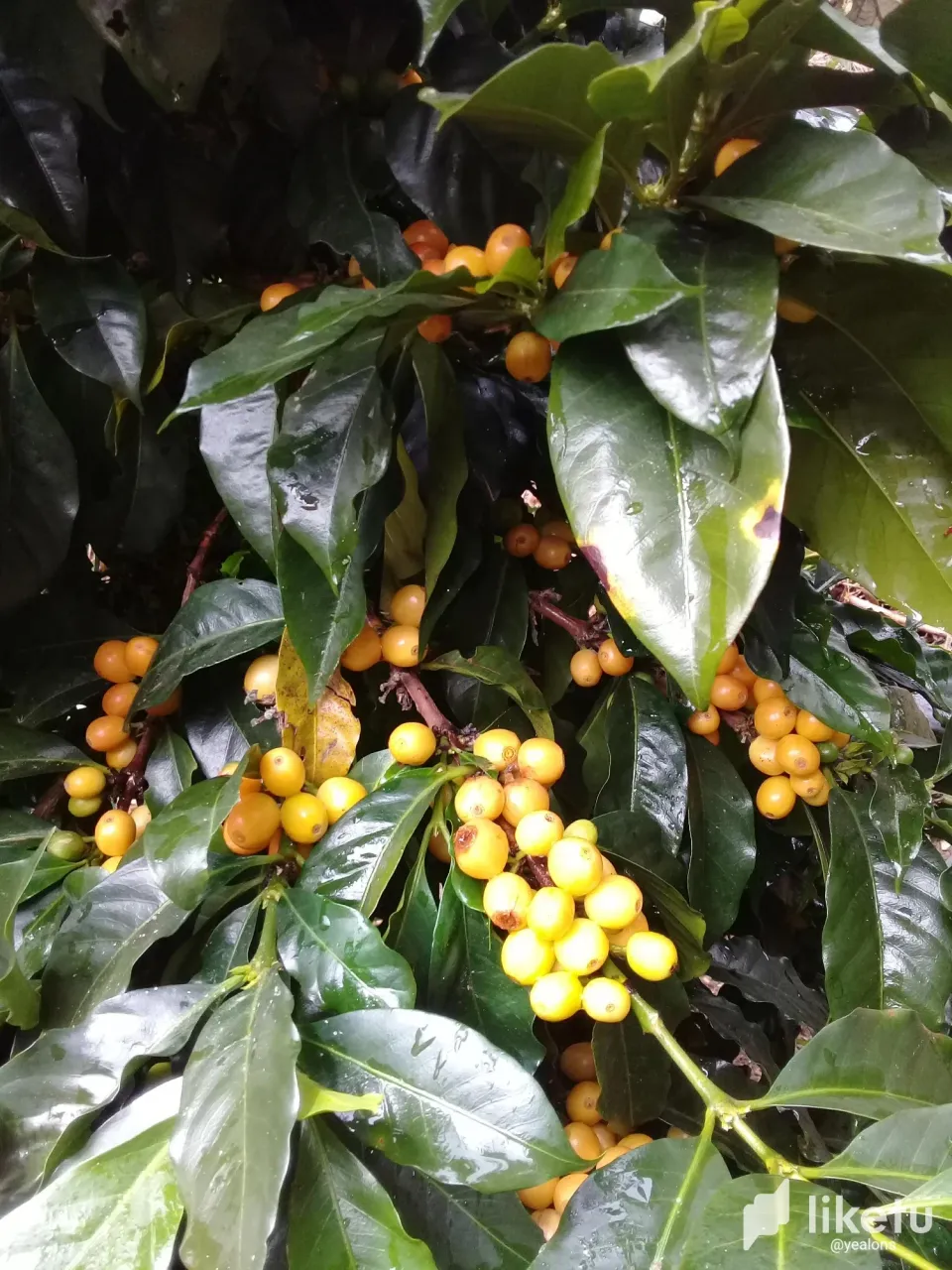
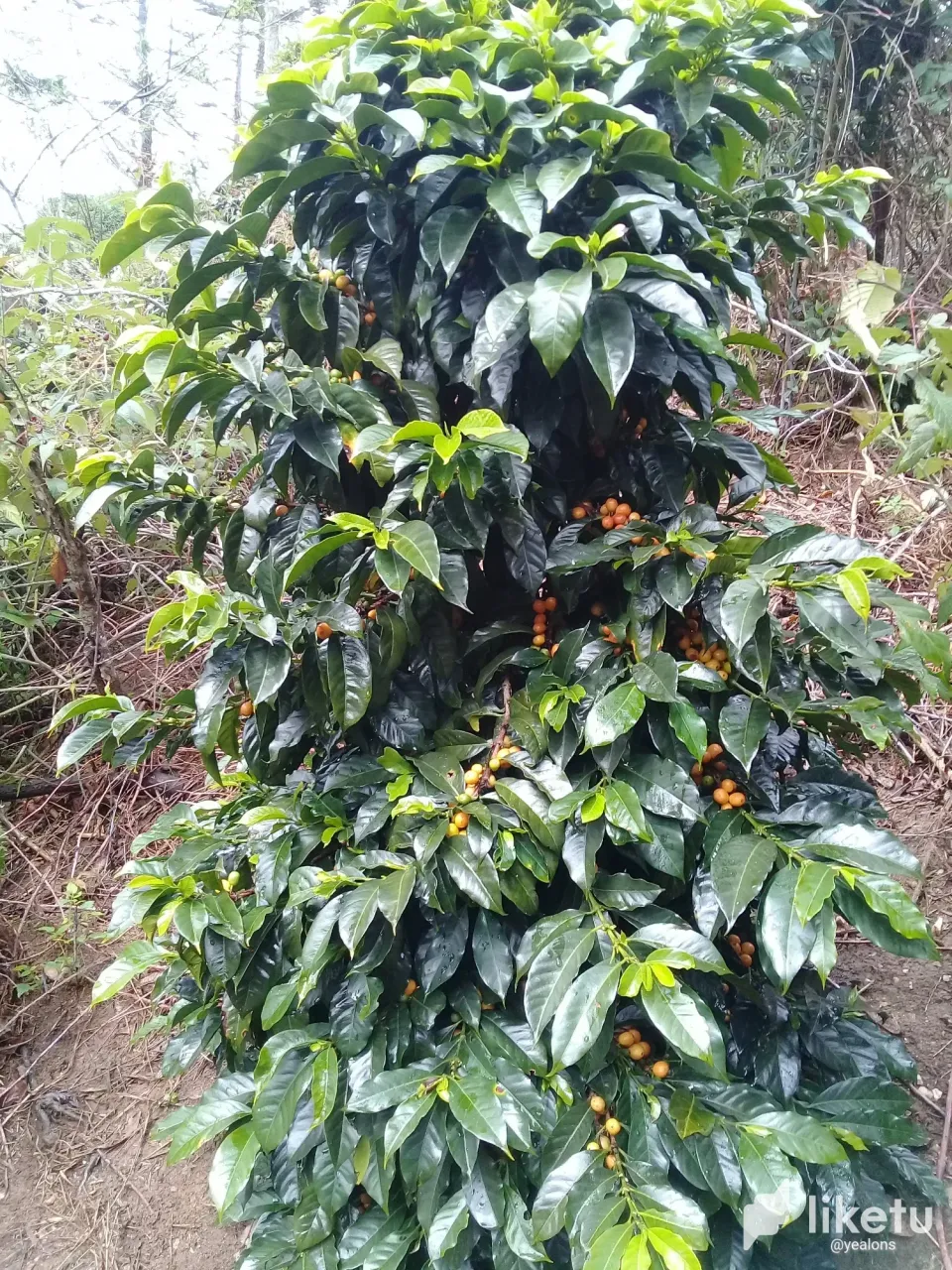
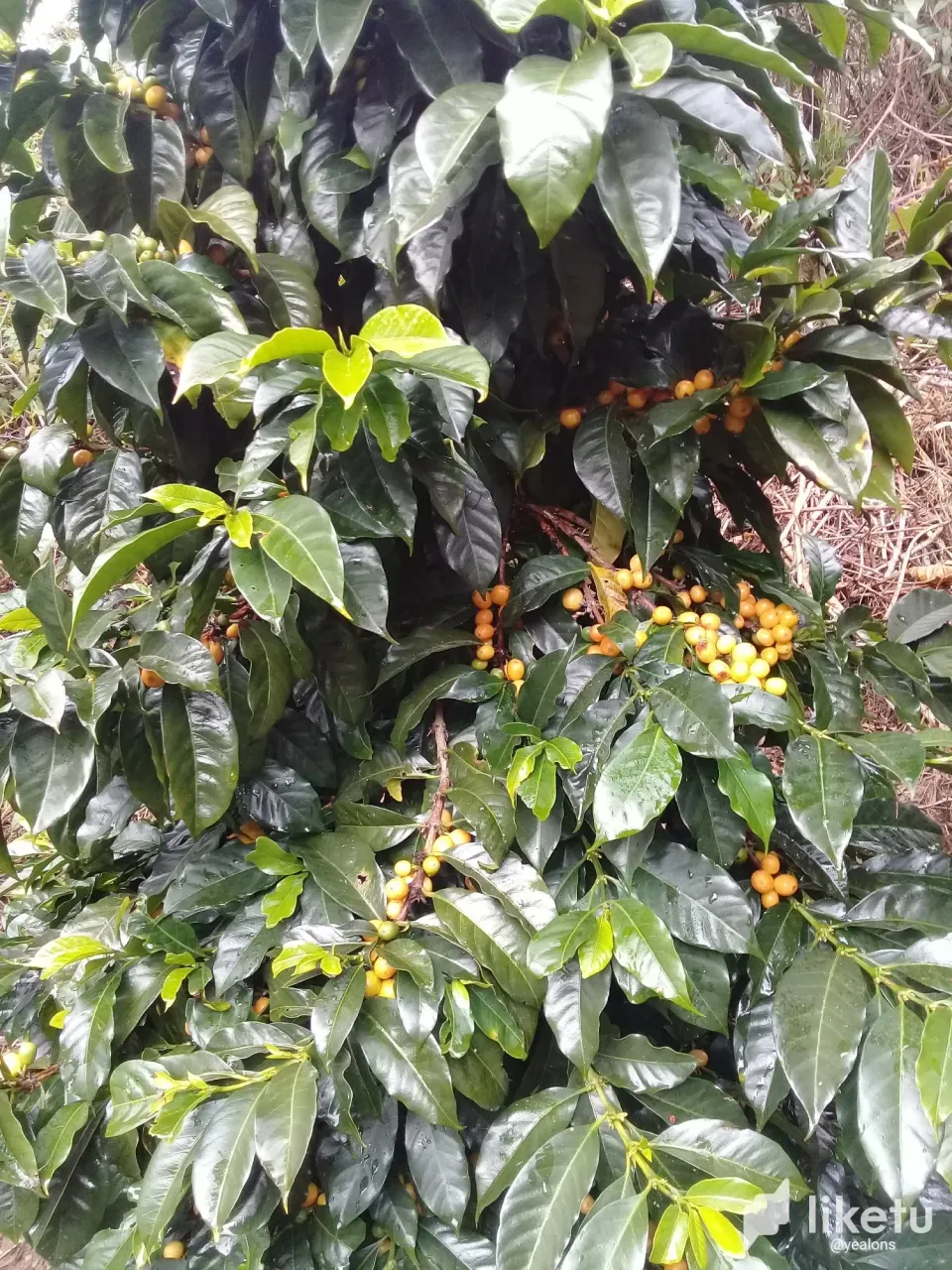
Español
Luego de un largo viaje que emprendió un grupo de alemanes a tierras venezolanas; al llegar allí, tuvieron que caminar por varios días, hasta que lograron establecerse en las altas montañas de Pico Codazzi; donde trabajaron arduamente hasta formar un pequeño poblado hoy llamado Colonia Tovar.
En consecuencia, luego de su hospedaje allí, se vieron en la necesidad de buscar alternativas para sobrevivir y comenzaron a criar animales como cerdos, gallinas, vacas, entre otros, y a cultivar diferentes hortalizas como apio, Ocumo, etc. De esta manera, a medida que se fue desarrollando, se formaron varios sectores rurales, que hoy forman parte del Municipio Tovar, conformado por 48 caseríos.
Por consiguiente, durante su desarrollo, se comenzaron a cultivar todo tipo de frutas y hortalizas que se adaptaran al clima, entre ellas fresas, duraznos, moras, mangos, plátanos, cambur, café, yuca, apio, brócoli, etc.
De esta manera, el café se convirtió en uno de los ingredientes principales del Zowa Koffe, tradición coloniera que consiste en merendar de 3 a 4 de la tarde café con pan, mermeladas y pipilikas (queso), siendo una de las bebidas más consumidas por las familias colonieras; ideal para establecer conversaciones entre sus habitantes.
Por esta razón, aquí se muestra el cafe cultivado por sus propios pobladores.
English
After a long journey that a group of Germans undertook to Venezuelan lands; when they arrived there, they had to walk for several days, until they managed to settle in the high mountains of Pico Codazzi; where they worked hard until they formed a small town today called Colonia Tovar.
Consequently, after their lodging there, they had to look for alternatives to survive and started to raise animals such as pigs, chickens, cows, among others, and to cultivate different vegetables such as celery, Ocumo, etc. In this way, as it developed, several rural sectors were formed, which today are part of the Tovar Municipality, made up of 48 hamlets.
Consequently, during its development, all kinds of fruits and vegetables that adapted to the climate began to be cultivated, including strawberries, peaches, blackberries, mangoes, bananas, bananas, cambur, coffee, yucca, celery, broccoli, etc.
In this way, coffee became one of the main ingredients of the Zowa Koffe, a colonial tradition that consists of snacking on coffee with bread, jams and pipilikas (cheese) from 3 to 4 in the afternoon, being one of the most consumed beverages by the colonial families; ideal to establish conversations among its inhabitants.
For this reason, the coffee cultivated by its own inhabitants is shown here.